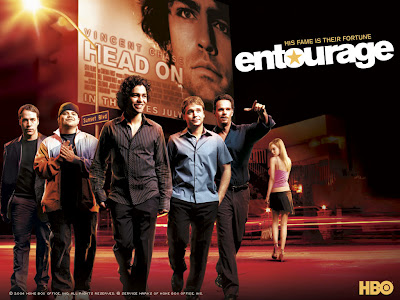
This cross-post by Melissa McEwan previously appeared at her blog Shakesville and appears as part of our theme week on Rape Revenge Fantasies.
So, this weekend, Iain and I were watching some show about video games (as usual), and it featured the “controversial” scene in the origin story of Lara Croft in the new Tomb Raider, during which she fights her way out of an attempted sexual assault. Aphra_Behn recently wrote about it here, and Lake Desire has an excellent round-up on the subject at The Border House. The scene was shitty to watch, and made me not want to play the game, even though Tomb Raider is one of my favorite all-time games (and I battled my way through 3-D navigation issues caused by an information processing disorder just to play it).
More than being shitty to watch, it just pissed me off to 10 because I hate with the fiery passion of 10,000 suns the ubiquitous trope that surviving sexual violence (or attempted sexual violence) turns women into superheroes.
(Geek Feminism has published the Rape As Back Story page TVTropes recently decided did not meet their content policy, which has some examples of the rape-as-empowerment meme mixed in among the plethoric examples of rape being used as short-hand for character development, especially for female characters. Quentin Tarantino has used this device in multiple films, with rape revenge arcs serving as either primary or secondary plots.)
It’s lazy storytelling, but, more than that, it’s wrong.
In Aphra’s post, she noted: “No, fending off an attacker didn’t turn me into a badass fighter, sirs. It turned me into a fucking mess who blamed myself for getting into the situation.” She is certainly not alone in having been temporarily or permanently changed in ways that can send a survivor tumbling headlong into feelings of vulnerability, doubt, fear, and other things that feel a lot like weakness as they undermine one’s senses of self and safety.
Survivors are not “broken,” but sexual violence can be injurious, and to pretend instead that it magically imbues women with superhuman strength and ability is to pretend that a broken leg turns a fella into LeBron James, rather than a dude with a cast who needs to heal like the mortal that he is.
Which is not to say that women who have survived sexual violence and gone on to do amazing things directly related to sexual violence don’t exist. They do. There are female prosecutors, cops, social workers, counselors, activists, writers, actors, and artists for whom victims’ advocacy is central to their work. Many of them are as close a thing to superheroes as there are in this world.
But they didn’t arrive at that point by magic. And they aren’t where they are because sexual violence filled them with some kind of special superhero-making pixie dust. They are there by virtue of their own strength and resilience and tenacity.
To credit sexual violence with the creation of heroes robs them of their agency. And, worse yet, it gives the credit to rapists.
She lives just outside Chicago with three cats, two dogs, and a Scotsman, with whom she shares a love of all things geekdom, from Lord of the Rings to Alcatraz. When she’s not blogging, she can usually be found watching garbage television or trying to coax her lazyass greyhound off the couch for a walk.


